Homeowners insurance will probably cover water damage, depending on how the damage occurred. If the water damage is due to a sudden and accidental event, such as a burst pipe, you will most likely be covered. However, water damage due to poor maintenance, such as a long-standing leak, most likely won’t be covered. Let’s wade into this further, looking specifically at what type of water damage is covered (or not) by a standard homeowners insurance policy, and what you can do to protect your property.
What Water Damage Does Homeowners Insurance Cover?
As mentioned above, “sudden and accidental” is key to understanding what insurance companies will likely cover.
Burst Pipes. Frozen pipes are the most common cause of burst pipes. But there could be other causes as well, such as: aging pipes, clogs, hard water causing reduced water flow and pressure build-up, other causes of high water pressure, earthquakes, tree roots, poor installation and so on. If the burst pipe is sudden and accidental, it will be covered. However, if your old pipes have been leaking for a while before they burst, you probably won’t be covered.
Appliance Malfunctions and Other Sudden Leaks. If the hoses to your water heater or washing machine ruptures and causes water damage to the flooring or drywall, you will probably be covered for the home repairs and replacement costs for any damaged belongings. Fixing the appliance will probably not be covered. Other types of sudden plumbing leaks that cause water damage will also likely be covered.
Water Damage After a Fire. Any water damage caused by putting out the fire, such as a sprinkler system or the fire department’s actions, will likely be covered.
Water Damage From Storms. This type of coverage usually involves some damage to your home that allows water to enter. For example, if, during a wind and rain storm, a tree branch falls on your roof creating damage that lets water leak in, you’ll most likely be covered. Similarly, if wind-blown debris breaks a window or skylight and allows water to enter, you will most likely be covered. However, flooding is not covered in a standard homeowners insurance (more on this below).
Ice Dams. If ice or snow builds up on your roof and causes water to back up and leak into your home, your homeowners insurance might cover at least some of the damage, especially if you’ve been diligent about raking the snow off your roof.
Mold. While mold isn’t directly covered, if it is a consequence of sudden water damage that is covered, you could receive limited funds for repair.
What Water Damage Is Not Covered By Homeowners?
Any type of water damage that could have been avoided with proper maintenance won’t be covered for sure. But there are also some types of water damage, that seem to be ‘sudden and accidental’ that also aren’t covered.
Flood Damage. This may come as a surprise to you, but damage caused by flooding is not covered by your typical homeowners insurance and hasn’t been for quite a few decades. In 1968, the Federal Government introduced the National Flood Insurance Program (NFIP), giving private insurance companies an escape from covering flood damage and many other natural disasters as well.
If you live in an area that is at risk of flooding, you are required to buy flood insurance. If you don’t live in a region that is at risk, you can still buy extra coverage, of course. All flood insurance policies are standardized by the federal government.
Water and Sewer Backups. This isn’t typically covered by a standard homeowners policy, but you may be able to add it to your coverage for an additional fee.
Groundwater Seepage. Water that seeps into your house through your foundations, usually isn’t covered.
Earthquakes or Earth Movement. Earthquakes, mudslides or landslides that result in water damage aren’t covered by a standard homeowners insurance. If you want this type of coverage, you’ll need to buy a separate earthquake policy.
To Sum Up
Since water damage caused by negligence or lack of maintenance is not covered, it is in your best interest to make routine inspections of your appliances, water heater, plumbing and heating systems for leaks. Check your roof regularly and repair it when needed. If you live in a region with cold winters, insulate your plumbing pipes and ensure your home is kept at least 50 degrees even if you are away. Consider installing water sensors that will detect leaks as they occur.
If you discover water damage, first document the damage with photos and video. Then do what you can to halt any further damage, keeping any receipts if you have to buy supplies. Call your insurance company as soon as possible. Water damage can quickly become a serious health hazard and could also damage the structure of your building.
When the time comes to repair the damage, hire a reputable, well-established water restoration company like Florida Gulf Mitigation. Our experts will assess the damage and implement a plan to clean it up.

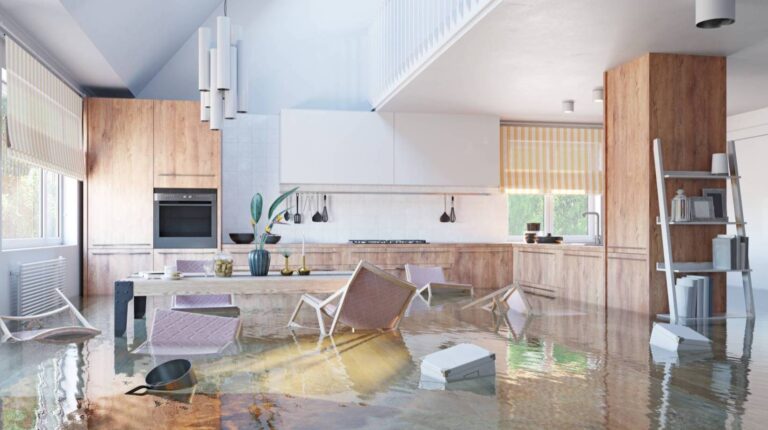
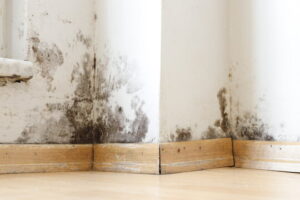
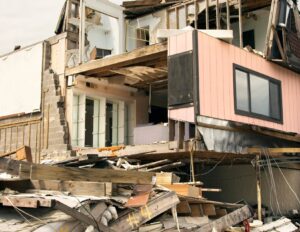
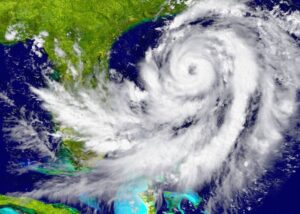
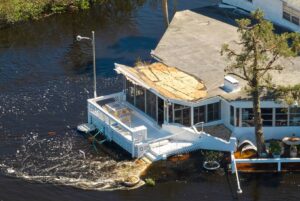

Give us a follow!